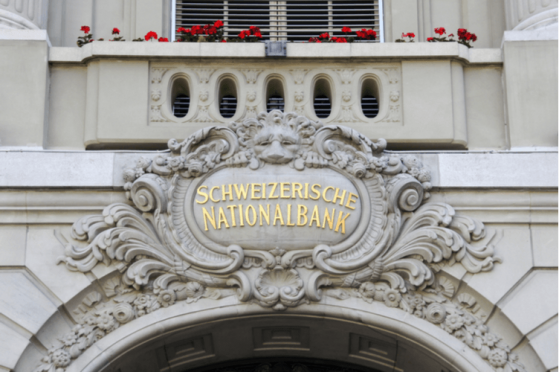In the midst of the push for national cryptocurrencies, the Swiss National Bank wants to take a more cautious approach, according to Andrea Maechler, a member of the governing board.
In a speech she gave in a money market event in Zurich, she warned that national cryptocurrencies present more risks than their counterparts in the private sector.
“We are convinced that private solutions are better suited to meet the end user needs. Digital central bank money for the general public is not necessary to ensure efficient cashless retail payments. There would be little to no advantage in this respect, incurring incalculable risks in the area of financial stability, and this would call into question the proven two-tier system. Instead of operating as the ‘bank of banks’ today, the SNB would act as a commercial bank towards the end customer. This would aggravate the bank run problem in times of crisis,” Maechler said.
The warning comes as pushes are being made in Switzerland for an “e-franc” or “crypto-cfranc” by several enthusiasts who would like to see the nation’s monetary system powered by a blockchain.
It’s appears as if though the Swiss National Bank is concerned about the implications of acting outside of its role as lender of last resort, bringing about the possibility of threatening the financial stability of the country.
She concluded by adding that she hopes to have demonstrated that cryptocurrencies aren’t a real competitor for fiat, at least as far as the central bank’s policy is concerned.
Maechler added that blockchain may still have a place in the central bank because of the promise it holds in facilitating cross-border transactions and value processing, but “the technology has yet to prove itself in practice.”
A few months ago, the country’s government set up a task force to determine how blockchain and ICO companies should be regulated, to “ensure that Switzerland remains an attractive location in this area.”
The country’s hurry to legitimize these industries may have to do to the fact that it is already home to a place named “Crypto Valley,” where many cryptocurrency and blockchain-related projects are under development.
The speech given by the bank’s representative does not appear to intend to put a stop to this, but rather attempts to clarify the institution’s own stance on getting involved in this particular market.
This article appeared first on Cryptovest
